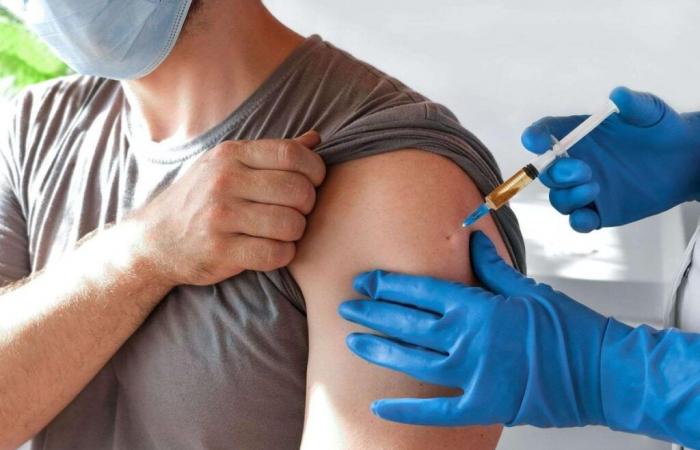Vaccination for whom?
The detection of clade 1b in the territory does not change the measures put in place to combat the spread of the virus. Thus, in a press release dated January 7, the Ministry of Health and Public Health France recalls the importance of vaccination for target audiences. “In accordance with the opinion of the High Authority for Health (HAS) of August 29, 2024, vaccination is recommended as a preventive measure in pre-exposure for people at high risk of exposure, and as a reactive measure for contact persons at risk around of a case of mpox”.
Are concerned:
men who have sex with men reporting multiple partners; trans people with multiple partners; sex workers and people in prostitution; professionals in places of sexual consumption; partners or people sharing the same place of life than those at high risk of exposure mentioned above.
“In accordance with the opinion of the High Council of Public Health (HCSP) of September 2, 2024, people with close links to the countries of Central Africa where the mpox virus is actively circulating, including people regularly visiting their family or aid workers can also get the mpox vaccine before their trip. »
It is also recommended that people returning to or going to Central Africa apply barrier gestures: wash their hands frequently and avoid contact with infected people or people with skin rashes reminiscent of mpox, with objects that these people could possibly have been contaminated as well as with animals and particularly rodents.
What are the symptoms?
The transmission of mpox, caused by the Monkeypox virus, similar to smallpox, is transmitted by prolonged contact with an infected person (skin lesions, bodily fluids, contaminated objects). To a lesser extent, the virus can be transmitted by droplets (spray, sneezing).
After an incubation period of 5 to 21 days, fever, sore throat, and lymph nodes precede the rash – these symptoms can, however, occur at the same time. “The epidemic which raged from May 2022 in Europe, linked to clade 2b – and which then spread to the rest of the world – shows more localized skin rashes, often on the genital or perianal areas” , specifies the Pasteur Institute. The disease generally heals spontaneously but complications can occur: skin superinfections, septicemia, encephalitis, or corneal damage. The illness lasts 2 to 4 weeks and the patient is contagious from the appearance of the first symptoms.
An international public health emergency
In August 2024, the WHO declared a second public health emergency of international concern (PHEIC) due to the resurgence of mpox in the Democratic Republic of Congo and several neighboring countries and the appearance of the new clade, clade 1b – the sub -type from which the French patient suffers – possibly more transmissible and deadly than clade 2.
This disease is subject, in France as in Europe, to reinforced surveillance. The Regional Health Agencies (ARS) are responsible for implementing the necessary measures to limit the risk of spread: surveillance (mandatory reporting of cases and virological analyzes by the national reference center for orthopoxviruses), prevention, diagnosis, treatment cases and contacts, as well as free vaccination of target audiences and contacts.
Please note: the risk of infection by Monkeypox clade I for the general population in France and Europe is considered low by the European Center for Disease Prevention and Control (ECDC).
6 foods to boost your immunity






